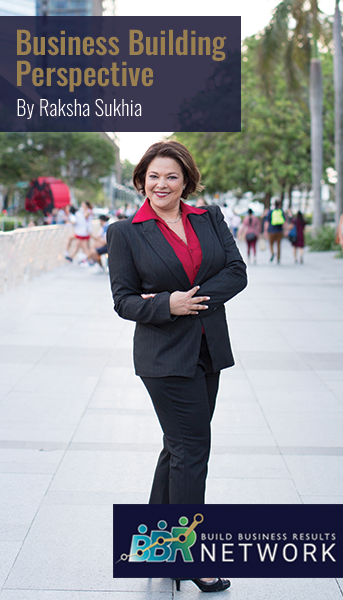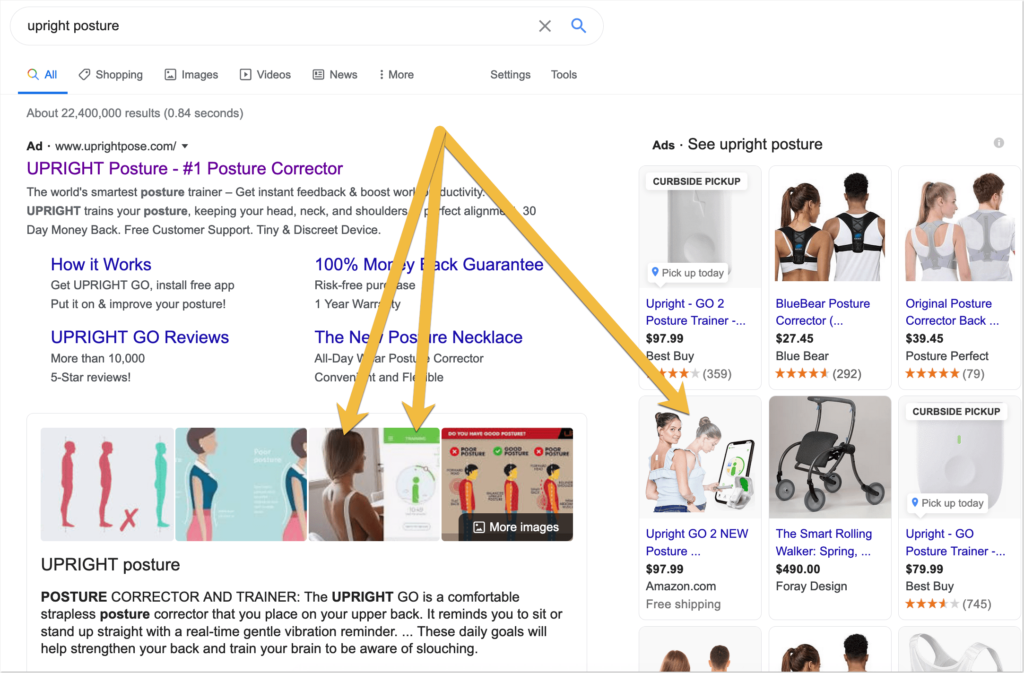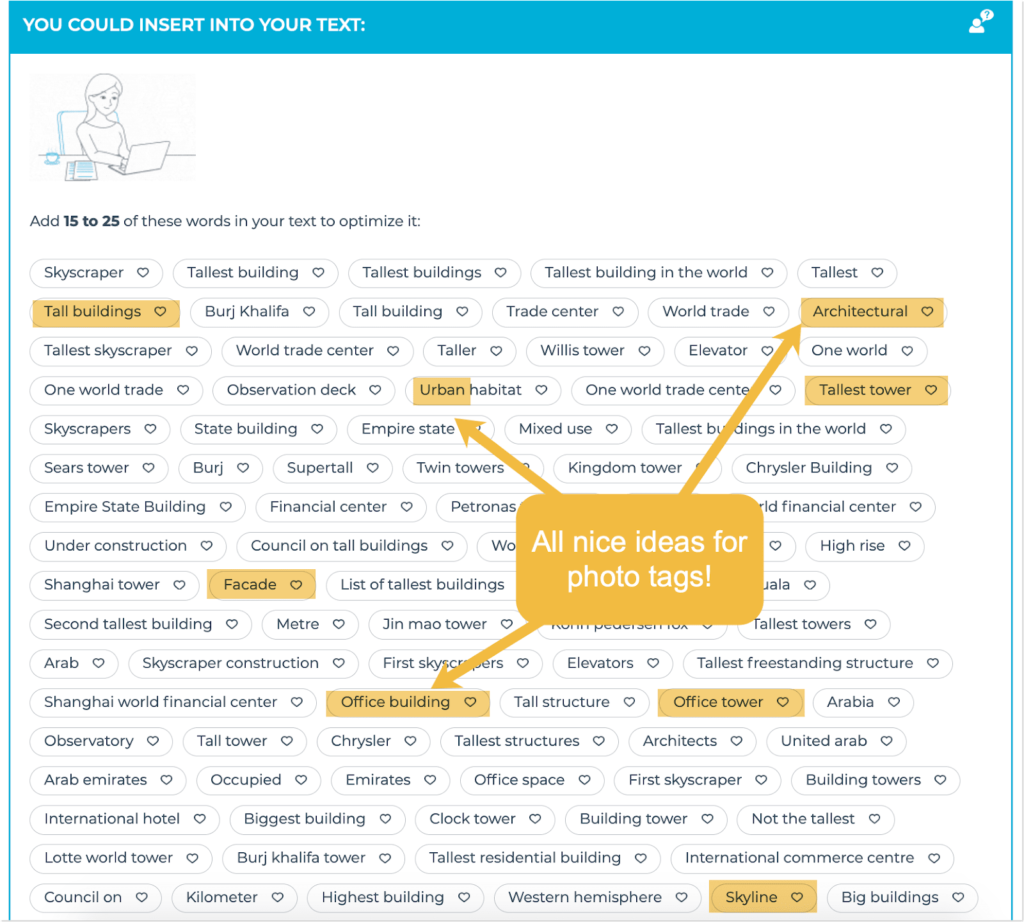5 Ways to Boost Your Visual Marketing Results

Marketers have long been talking about the power of visual content, both for attracting attention and for engaging your audience. Yet, with the emergence of visual-only social media networks — like Instagram and Pinterest — visual marketing stopped being a nice-to-have and became a must-have.
Without high-quality visual content, there is no brand presence on some of the most powerful platforms, including Instagram and Pinterest. While you can promote links and text on those networks, non-visual content is likely to go unnoticed.
While video is important, simply publishing videos is not going to be enough. Every other brand is doing that, and the consumer’s eye is pretty used to bright, flashy images by this point.
What you need is to stand out — which is getting more and more challenging in our era of visual web.
So what can you do to embrace a more effective visual marketing strategy?
It’s all about ingenuity and experimentation, but here are a few ideas to get you started!
See you on the action-field,
Raksha Sukhia, SMB Growth Expert,
Founder BBR Network. #bbrnetwork
Tips For Boost Visual Marketing Results
1. Turn your social media images into artwork
Make your social media images impossible to miss: it is as simple as that.
Well, it does sound simple, and it will obviously boost your content performance – but how exactly can we do that?
Luckily, there are tools for that, so it’s also quite doable.
Quickart by Lightricks is my most recent discovery and it was an instant hook. The app allows you to apply artistic patterns, filters and effects to create memorable visual content that is impossible to miss:
My favorite thing about this specific app is that it is insanely easy to use. You don’t spend hours figuring out any super-advanced photo-editing instruments, like layers or mask tools, but the result is always unique and creative. Also, it is free.
2. Brand your images well
People are highly visual. Our brain relies on images and visualizations, which makes visual marketing so effective.
Our brain processes visuals 60,000 times faster than text and retains 80 percent of what we see versus just 20 percent of what we read.
When we think, we tend to picture things. Our brain easily brings up colors and shapes, rather than text or numbers. We visualize associations and connections among different concepts and entiti
Through the creation of visual connotations, images make any information more memorable, and this is where the real power of visual marketing lies…
Visual content makes your brand more memorable and recognizable, which, in the long run, brings better click-through and higher conversions.
Branding your visuals is an important step – but one not to be taken lightly. You do want people to recognize your brand just through your assets – and yet you cannot make your images all about you, as your audience will quickly lose interest.
That said:
- Use recognizable color palette
- Place your brand in an interesting and creative context
- Make sure that each individual asset contributes to one unified narrative you want your brand to be associated.
If you are looking for some examples of effective – yet not overwhelming or boring – branding, check out the Instagram account of Boxed Water. They turn each picture into a story that tells the same narrative: “Life is good and nature is awesome so long as you save this planet”.
However avoid:
- Creating self-centered images
- Using too much of your logo (watermarks? Not a good idea for Instagram content, for example)
3. Repurpose your images everywhere
With your branding being consistent from asset to asset, bring your strategy to the next level: Attach all your channels with each individual asset.
This is a great way to create that “My brand is everywhere” illusion which ensures your audience remembers you well: Your customer sees your image on Facebook, clicks your link, sees the same (or similar) image on your site, and finally sees it again when searching Google (and that’s where they can no longer resist).
To build this #beeverywhere strategy, carefully use consistent images and visual elements everywhere. For example, Leadpages features matching visual elements (visual identities) on their Instagram feed and their site:

And UPRIGHT uses the same visual elements in both their Instagram ad and the linked landing page:

This way, by using non-intrusive visual branding, the brands instill confidence in their users landing on their site and create some sort of brand cross-channel recognizability.
To take this idea even further, searching Google for something relevant, we should be seeing the matching image or element that would instantly catch our attention and prevent us from going elsewhere:

How can this cross-channel recognizability be achieved?
By using a consistent repurposing strategy, including:
- Reusing social media images on your site
- Using the same image (in different dimensions) across multiple channels
- Applying fundamental image SEO practices when publishing those visuals on your site and social media channels (this includes using optimized alt text, a variety of hashtags, and description (or immediate context). There are lots of tools helping bloggers do this right.
This is where I always use Text Optimizer because the tool allows you to broaden the list of keywords your image is going to show up for. The tool uses semantic analysis to identify related concepts, and entities for you to use in the image description / caption, tags / hashtags, etc. when publishing each image anywhere. For example, here are semantically-related concepts for [skyscraper]:

The tool also pushes you to diversify your tactics and avoid keyword stuffing by suggesting you use related and synonymous words in your copy.
Bonus: Embrace visual advertising
You do need all the above steps to do this one right: You need to create effective visuals, brand them in a non-intrusive way, market them across multiple channels, and then start investing in visual advertising.
Luckly, you have quite a few options, including:
- Instagram ads
- Pinterest ads
- Facebook ads
- TikTok ads
Also emerging are more innovative options like Unsplash advertising that focus on shifting brand perception and building brand associations rather than clicks and views.
Conclusion
Visual marketing can boost the performance of many – if not all – other promotional tactics you are currently implementing, including content marketing, traffic generation, SEO (or rather on-SERP marketing), etc.
The best part about visual marketing – in my opinion – is that you never are actually done. You always have to be innovating, trying new tools and discovering new tactics in order to stay ahead – or at least abreast of your niche.
SignUp for Weekly Ezine
Related Article
What’s a Good Landing Page Conversion Rate?
Business Agility Is the New Norm. Do You Have What It Takes?
Tags
#BBR Network, #Profitability, #Small Business Growth, #Small Business Marketing and Sales, #SMB, #SME, ahrefs outreach, B2B, backlink strategy, benefit of sem, Build Business Results, Build Business Results (BBR), Build Business Results (BBR) Mastermind., Build Business Results (BBR) Network Business Advisory, Business Tips, content based link










